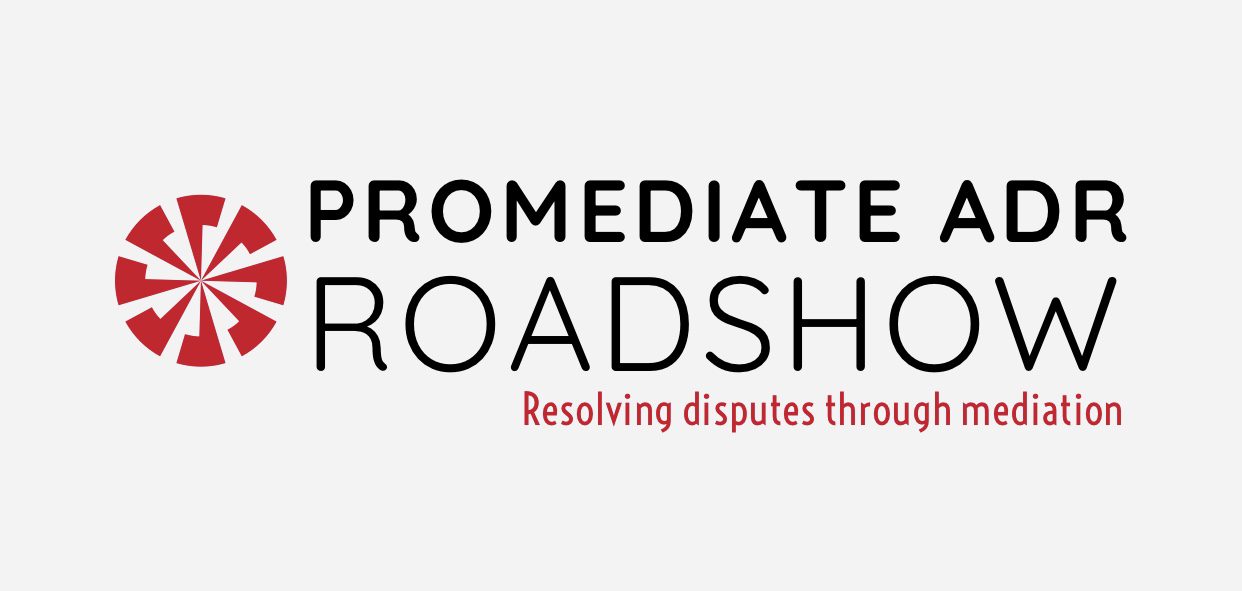Is ADR working for consumers? Most consumers who use our mediation service and leave a review give us 5* reviews so we must be doing something right. We are currently offering a free trial of our ADR mediation service to businesses.
Which? has published a report on ADR, and criticised the current system, including the confusing information provided to consumers by retailers and the lack of access to the EU online portal following Brexit. They do have a point here.
Which? says:
It is estimated that approximately 35% of consumers experience a problem with a product or service each year, but only half of consumers who then pursue a complaint resolve their problem satisfactorily. This suggests there is a clear need for improved ADR provision.
Many retailers and businesses are still referring to the ODR platform when we in the UK are unfortunately no longer members and providing details of an ADR provider to contact whilst saying they will not use them, so confident are they in their customer relations team.
We pointed out the issue of misinformation and lack of engagement from business from day 1 in 2015 and nonetheless the regulations have not been changed. Businesses should be obliged to use ADR, not just to signpost to it.
Which? also makes recommendations which would be costly for ADR bodies to implement and are completely uncommercial. Which? does not mention that there is no minimum value dispute and that ADR providers can only charge consumers a nominal fee. If they were compelled to pay for an oversight board for example, without an increase in fees this would be unaffordable. Either they would leave the market or businesses would have to pay more. That might work if ADR was compulsory. You would end up with one Mega Ombudsman determining disputes online and mediation, which consumers value, would not be viable.
Their recommendations include:
Our recommendations
Consumers access to ADR should be strengthened, including access to a single mandated Ombudsman service in key sectors.
The government should mandate that key sectors where transactions are often complex or high value or where there are typically high levels of consumer detriment should have a single mandatory Ombudsman service available to cover all disputes. Financial services, telecoms, energy, rail and other services already have a single mandatory Ombudsman service. The government should review which other sectors would benefit from the same service and how they are defined, but it should include aviation, motor, home improvements and the property sector, and at least some parts of the retail sector. In all other sectors trade associations should be encouraged to establish a single approved ADR scheme. Membership can be voluntary but businesses should be encouraged to join. The government should work with international colleagues to increase access to ADR for cross border purchases.
All ADR schemes should be overseen by an effective Competent Authority.
In regulated sectors the approval and oversight of ADR providers should sit with the sectoral regulatory bodies as now. Competent authorities for unregulated sectors should have the resources and powers to effectively oversee their schemes. In addition the government should mandate a single authoritative body that will have responsibility for setting common performance standards for all ADR schemes and ensuring consistency across all sectors. The organization should be adequately resourced, have consumer redress expertise, a clear consumer protection duty, and sufficient legal powers.
Competent authorities should have the ability to introduce requirements that go beyond the standards set out in the regulations and where necessary, respond to emerging issues such as technological developments or market changes. Any additional requirements should be agreed with a single authority that oversees all competent authorities.There should be a single accessible source of information on ADR and better signposting by companies to improve consumer awareness of ADR.
The above authority should be responsible for developing a single, accessible online platform with consumer information on ADR with clear links to approved ADR schemes across all sectors. Giving consumers clear information about the ADR process will also reduce the number of enquiries that ADR schemes have to handle, which will in turn reduce their costs. The ADR regulations should require businesses to clearly signpost the availability of an ADR scheme that they are a member of on their websites and in all communications with consumers. Steps should be taken to ensure ADR is accessible and meets the needs of all consumers regardless of age, income or education level.
ADR schemes must provide an effective service with appropriate timescales and enforceable decision making.
Maximum periods should be agreed for each step in the ADR process, including reducing the so-called ‘eight week rule’ and the time allowed for compiling a case file and reaching a decision. Compliance with ADR decisions must be guaranteed and a robust enforcement mechanism should be built into scheme rules. All approved ADR schemes must commission and publish annual independent surveys of consumer trust and satisfaction to monitor their effectiveness in meeting consumers’ needs, including collecting data about the age, income and other relevant characteristics of users.
ADR schemes must improve accountability and demonstrate independence.
ADR regulations should require all ADR schemes to appoint an independent board and publish biographies and information about their processes and decisions. The collection and publishing of data relating to complaints about the service should be clearly specified and monitored by the competent authority.
Data and intelligence must be used to drive improvements in business practice and regulation.
ADR regulations should require data from disputes to be collected, analysed and published in a consistent way and for providers to work with businesses, regulators and consumer groups to prevent poor practices, promote culture change and drive improvements across the sector they are responsible for.
Which Report – Are Alternative Dispute Resolution Schemes Working For Consumers – April 2021

